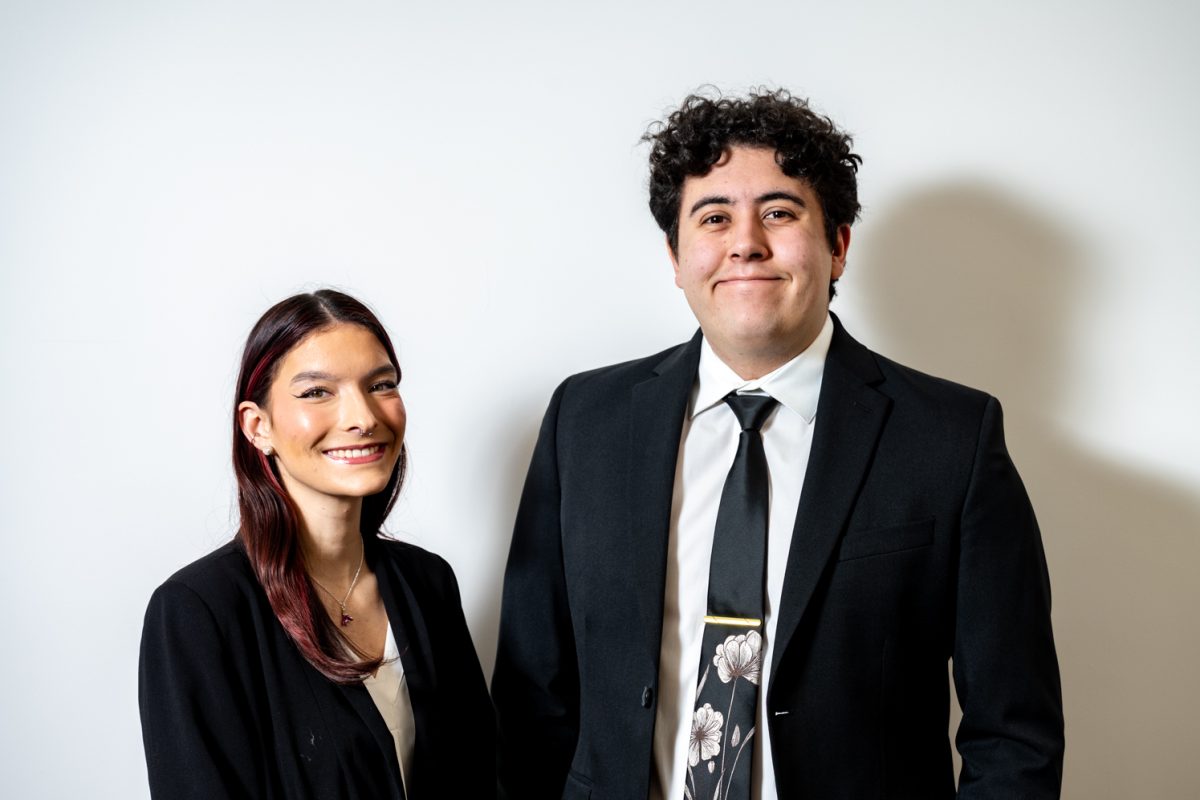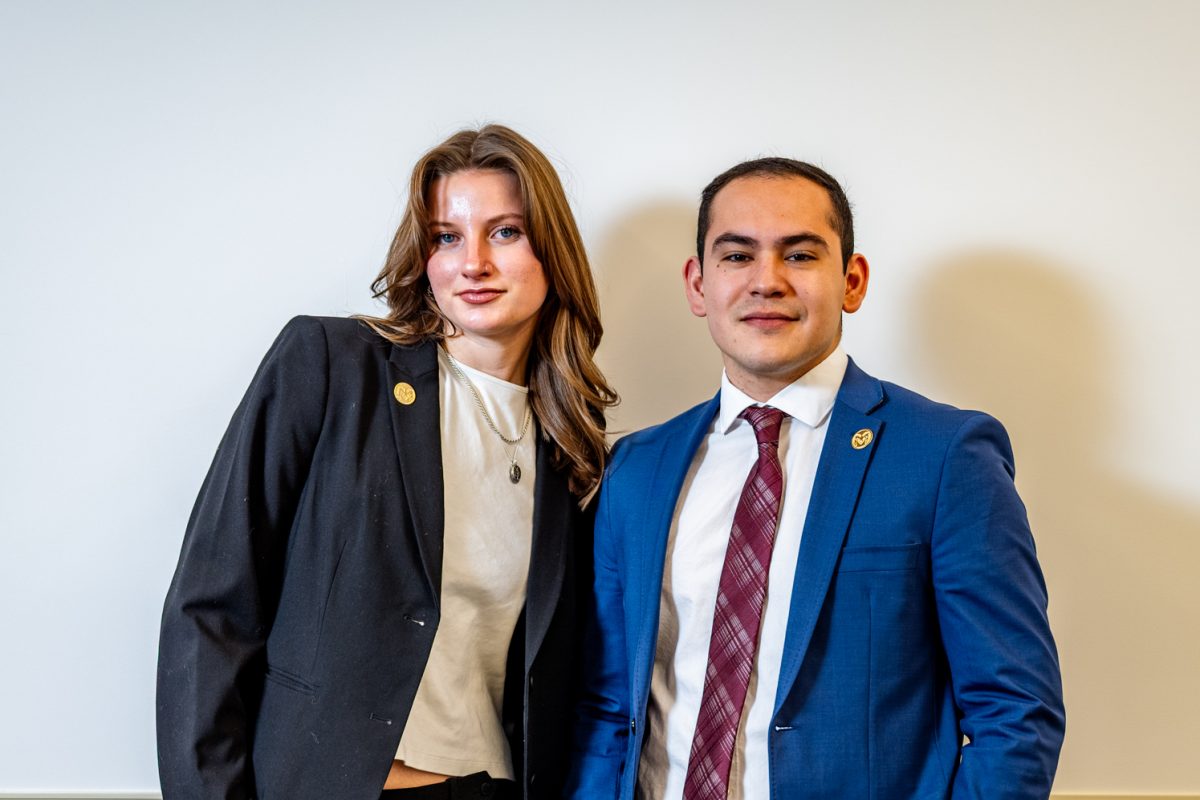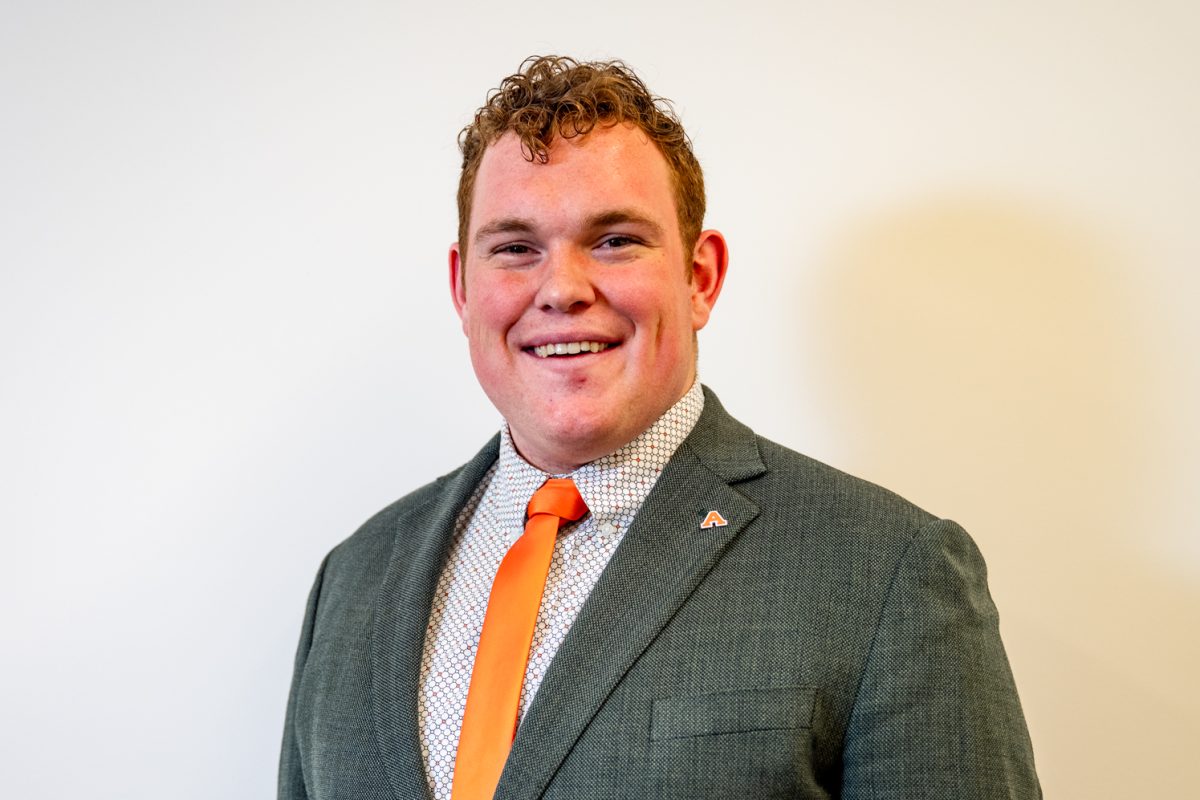The University smoking policy has been expanded to include the central area of campus as a smoke-free zone as of Jan. 18. The policy will not be enforced through tickets — instead, the University campaign aims to create a culture around non-smoking on campus.
No-smoking areas on campus now include the Centre Avenue Mall, running north to south from the Engineering Building to the Lake Street Parking Garage, outdoor courtyards and common areas within the perimeter of any University residence hall or apartment and the CSU Transit Center on the north side of the Lory Student Center.

The old policy is still in effect, which includes the interiors of University buildings and vehicles, and the outdoor areas within 25 feet of a University building’s entrance, passageway, operable window or ventilation system.
“(The policy) is acceptable, but CSU needs to include designated smoking areas,” said Michael Snyder, construction management sophomore. “I appreciate not getting fined for it. I think vaping should be subject to similar rules and regulations (as cigarettes).”
The smoke-free zones will apply to both tobacco smoke and vaping. Marijuana use remains prohibited on campus.
The update in policy comes after downtown Fort Collins expanded smoke-free zones in September.
“The city decided to include vaping in their policy, so we felt it was important to be consistent,” said Andrea Coryell, assistant director of alcohol and other drugs at the CSU Health Network. “The research (on vaping), which isn’t as conclusive as cigarettes, is definitely not looking good as far as health impacts. The FDA has also not approved vaping as a way to quit smoking. For a lot of people, it’s still addictive.”
The University will not enforce the smoke-free zones with penalties. Instead, peer enforcement and educational campaigns will be used to inform campus of the smoking policy change.

“The method of peer enforcement is really designed to create a culture around encouraging smoke-free behaviors,” said Conner Jackson, the director of health for the Associated Students of Colorado State University.
The smoke-free campaign will include resources and education to quit smoking.
“Because the enforcement isn’t severe, it is more important that we (CSU) educate people about the policy,” Jackson said. “There’s signs around campus and digital marketing. They (CSU) want to provide resources for people who smoke.”
All fee-paying students have access to free sessions at the CSU Health Network with a tobacco cessation coach.
“We (CSU Health Network) have a certified cessation coach, and we are definitely promoting cessation services in our campaign,” Coryell said. “Students have the benefit of a well-trained and experienced coach to sit down with them one-on-one to talk through that process (of quitting).”
The University has been working to expand smoke-free zones since 2010 after ASCSU received smoking complaints from students.
“This (smoking policy) started from student opinion and student voice, and I think that’s one of the really cool things about the process,” Jackson said. “Over time, students have become more supportive of a smoke-limited environment. I think the policy is a really powerful example of administration responding to student voice.”

A campus survey in 2012 prompted the University and student government to create a tobacco task force to write the policy, composed of many different interest group representatives on campus. The task force included ASCSU, the Health Network, Facilities, Residence Life, Faculty Council, the Student Health Advisory Council, the Native American Cultural Center and the Department of Policy, Risk and Environmental Programs.
The policy does not apply to smoking products used as the subject matter of a research project approved by the vice president for research or to the ceremonial use of tobacco in connection with the practice of cultural activities by American Indians, according to the wording of the policy. All ceremonial-use events must be scheduled with Facilities or Environmental Health Services.
“The biggest part of any public health policy is hopefully helping people make positive changes in their lives,” Jackson said.
Full smoking policy: Here
Tobacco policy website: Here
Health Network tobacco resources: Here
Collegian Reporter Erin Douglas can be reached at news@collegian.com or via Twitter @erinmdouglas23.





Vinny Gracchus • Jan 20, 2016 at 1:37 pm
Reject smoking bans–especially outdoor bans.